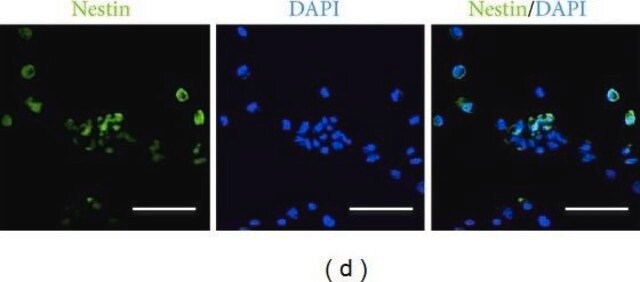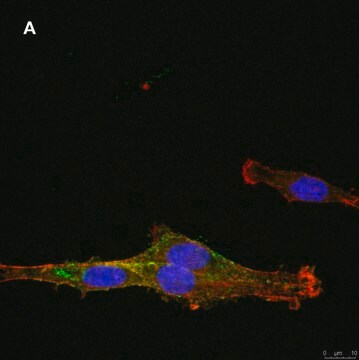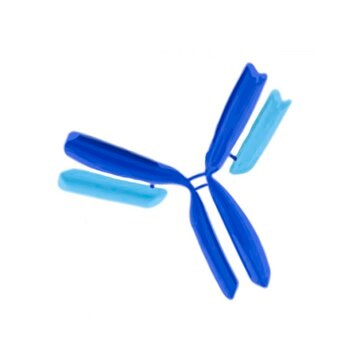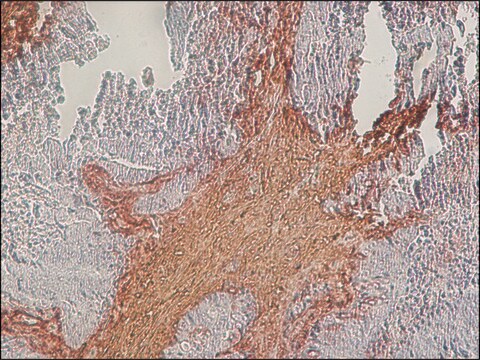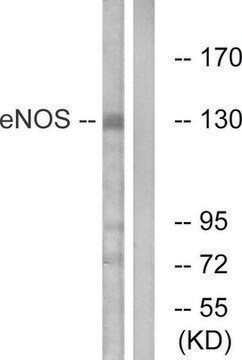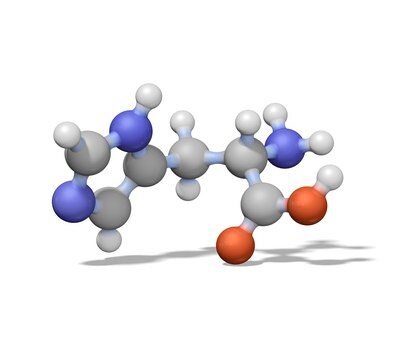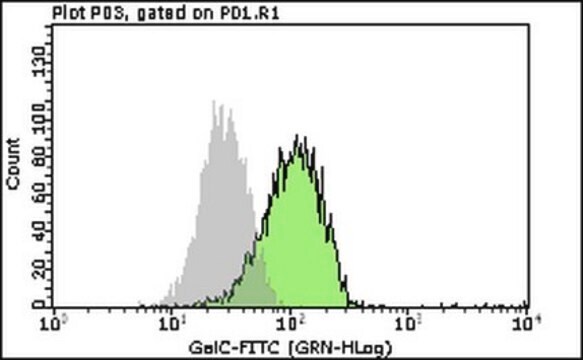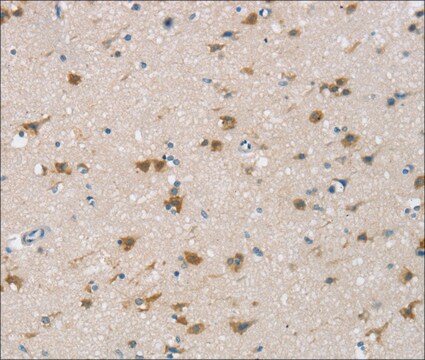SAB4200621
Anti-CSPG4 Antibody
mouse monoclonal, 2164B6
About This Item
Polecane produkty
Nazwa produktu
Monoklonalny anty-NG2/CSPG4, clone 2164B6, purified from hybridoma cell culture
pochodzenie biologiczne
mouse
Poziom jakości
białko sprzężone
unconjugated
forma przeciwciała
purified immunoglobulin
rodzaj przeciwciała
primary antibodies
klon
2164B6, monoclonal
Formularz
buffered aqueous solution
reaktywność gatunkowa
human
stężenie
~1 mg/mL
metody
flow cytometry: 2.5-5 μg/test using SK-Mel-28 cells.
immunofluorescence: 2.5-5 μg/mL using A375 cells.
izotyp
IgG1
numer dostępu UniProt
Warunki transportu
dry ice
temp. przechowywania
−20°C
docelowa modyfikacja potranslacyjna
unmodified
informacje o genach
human ... CSPG4(1464)
Opis ogólny
Immunogen
Zastosowanie
Działania biochem./fizjol.
Postać fizyczna
Oświadczenie o zrzeczeniu się odpowiedzialności
Nie możesz znaleźć właściwego produktu?
Wypróbuj nasz Narzędzie selektora produktów.
Kod klasy składowania
10 - Combustible liquids
Klasa zagrożenia wodnego (WGK)
WGK 1
Temperatura zapłonu (°F)
Not applicable
Temperatura zapłonu (°C)
Not applicable
Wybierz jedną z najnowszych wersji:
Certyfikaty analizy (CoA)
Nie widzisz odpowiedniej wersji?
Jeśli potrzebujesz konkretnej wersji, możesz wyszukać konkretny certyfikat według numeru partii lub serii.
Masz już ten produkt?
Dokumenty związane z niedawno zakupionymi produktami zostały zamieszczone w Bibliotece dokumentów.
Nasz zespół naukowców ma doświadczenie we wszystkich obszarach badań, w tym w naukach przyrodniczych, materiałoznawstwie, syntezie chemicznej, chromatografii, analityce i wielu innych dziedzinach.
Skontaktuj się z zespołem ds. pomocy technicznej